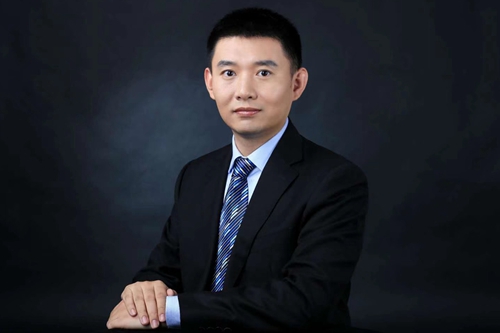
Abstract: By examining the evolutionary trajectory of institutional mechanisms related to arrest and the internal logic of changes in the related provisions of successive amendments to the Criminal Procedure Law of the People's Republic of China, it becomes evident that the law has established a rigorously structured, well-coordinated, and well-arranged basic legal system of control over the power of arrest aimed at achieving "prudent arrest". The system comprises of three distinct phases: before arrest, the system requires "two-time separation" of power of arrest at time of its allocation, with necessary conditions of arrest being centered around assessments of specific social risk; during the exercise of the power, it requires those who exercise the power to "listen to both the prosecution and the defense" in the review of arrests; and after arrest, it requires the prompt revocation and rectification of erroneous arrest decisions, as well as the release of suspects that have been erroneously arrested. From a practical standpoint, deficiencies and omissions regarding rule formulation and the implementation of procedures still exist in the current control system. These include the incomplete separation of powers of arrest, insufficient support for the mechanism of "listening to both the prosecution and the defense", lack of inexhaustiveness and mechanical design of conditions for direct arrest, and the absence of remedies by the parties involved in erroneous arrest decisions. The ongoing amendments to the Criminal Procedure Law should align with the "practice-norms" interaction, prioritize judicial practice, and address the underlying issues of under-regulated power execution and inadequate protection of rights during arrest. This approach will facilitate breakthroughs in addressing complex challenges and pave the way for continuous advancement in the modernization of the Chinese criminal procedure legal framework.
Keywords: prudent arrest; legal system of control; direct arrest; protection of rights; amendments to the Criminal Procedure Law
Author: DONG Kun, research fellow, CASS Institute of Law;
Source: 1 (2025) Wuhan University Journal(Philosophy & Social Science).



